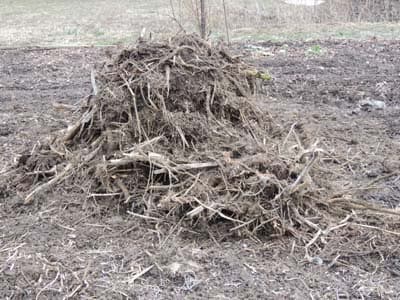Compost Microorganisms

Compost Microorganisms and Their Role in the Composting Process
Microorganisms are essential in the composting process. These microscopic organisms are the tiny guys and gals that play a major role in decomposition. Too small to be seen by the naked eye, they are found in the soil and in rotting vegetation all over the world. Microorganisms break down raw, organic compost matter and convert it into mineral-rich garden soil. There are four types of microorganisms that aid in the decomposition process.
In the composting process, micro-organisms produce carbon dioxide, heat, water, and humus. In essence, humus is the finished compost that is ready for use by your plants.
Types of Microorganisms
Would you like to get technical on these decomposition helpers? Sure you do! These are the types of microorganisms that help to decompose organic materials:
Fungi – This includes molds and yeasts.
Actinomycetes – This bacteria is similar to fungi.
Protozoa – Single-celled microorganism that feeds on organic matter.
Rotifers – They feed on organic matter, bacteria and fungi.
Microorganism's Role in the Three Stages of Decomposition
Mesophilic, warm-up period: Aerobic bacteria are at work in this early stage of decomposition. Temperatures are 70-90 degrees F. Aerobic microorganisms, which require oxygen, are working on the compost.
Thermophilic, high heat period: Temperatures reach 100 to 170 degrees F. The microorganisms dominant in this stage, are anaerobic. Yes, they thrive in this high-heat stage of the process. This stage usually lasts 3-4 days. With high heat, weed seeds and other seeds are killed.
Cooldown period: Temperatures cool off and aerobic micro-organisms take over once more.
Micro-organisms are present in your garden soil, on plants, and in any compost pile. To kick-start the decomposition process, you don’t need compost activators. Just add a shovelful or two of dirt, or finished compost from your last batch to the raw materials.
Related Articles
People who like this article will also like:
Please support our site. Shop for:
- rmmatthews100@hotmail.com
- 585-721-6528
- Rochester, NY
©1999-2024 GardenersNet.Com, All Rights Reserved

